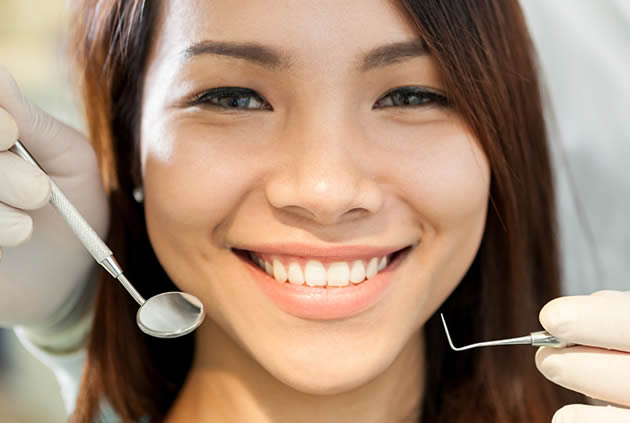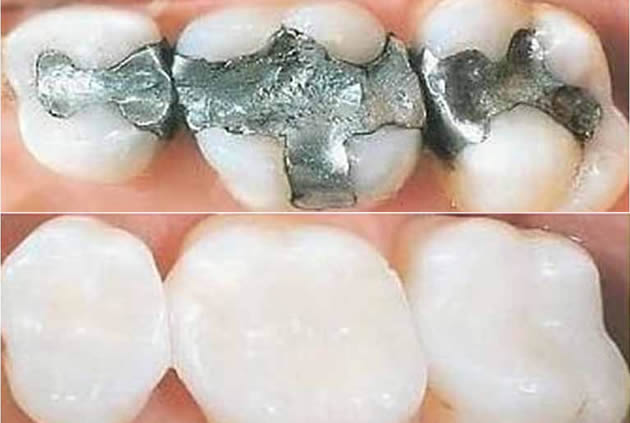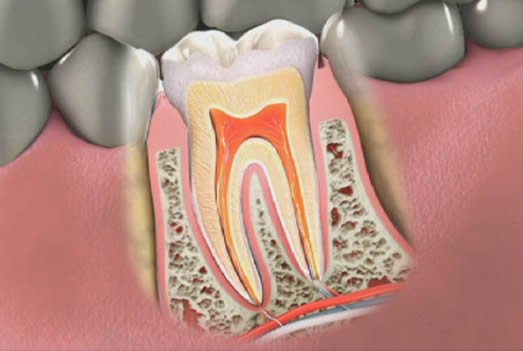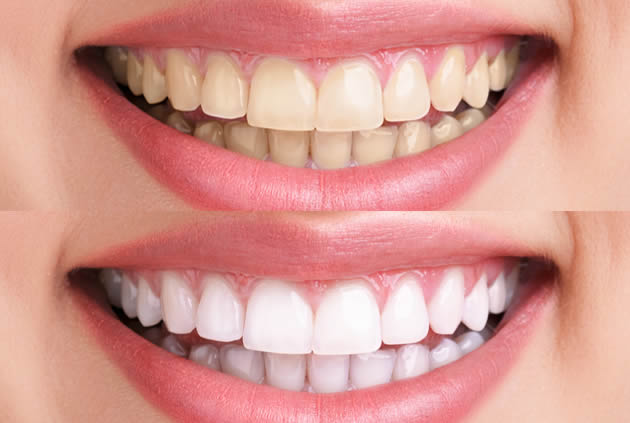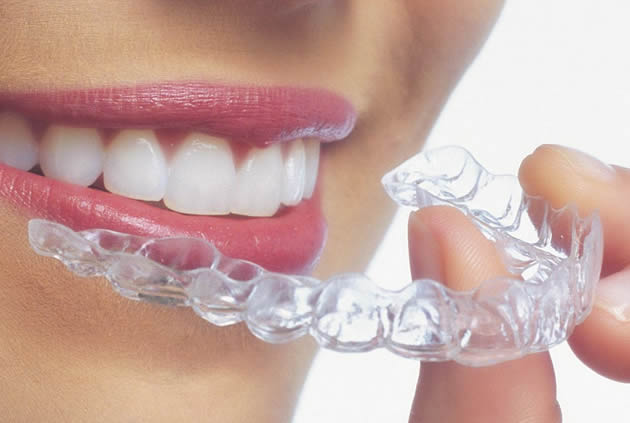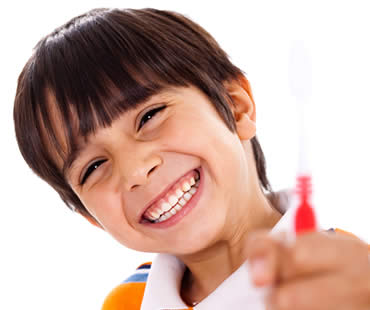
It’s not uncommon for children to be afraid of going to the dentist. Let’s face it, many adults don’t like visiting the dentist either. However adults mainly don’t want to take the time or don’t want to hear the news that they aren’t taking good care of their teeth. It’s different with kids though, who often have a real fear of the dentist, equipment, and the unknown situation. If your child is one of those who experiences anxiety at the mention of the dentist, here are some things you can do to help ease those fears.
Use visual aids:
It is helpful for some children to watch a video or read a book that will help them become more familiar and comfortable with going to the dentist. Your local library or the internet both likely offer resources for this purpose, and bookstores have books and DVDs for purchase. These visual aids help kids know what to expect in visiting the dentist, and what their role is in the process.
Visit the office:
Take your child to the dentist’s office prior to your appointment so they can observe the office, meet the staff, and see the area and tools used for examinations. The staff may even give your child an explanation of the tools that dentists use for checkups. Your dentist wants children to feel comfortable and confident in getting dental treatment, so most offices do their best to help your child adjust.
Explain the importance:
Even though fear sometimes overtakes logic, it’s still important to explain to your child the reasons for seeing the dentist. Help them understand the benefits of checkups, and the oral health consequences that may occur by not caring for their teeth and getting regular checkups.
We treat patients from Baltimore and the surrounding area
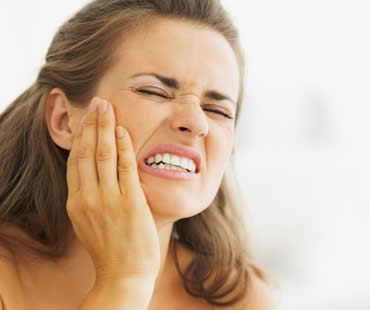
Sometimes an injury or tooth pain can occur suddenly, and immediate dental care may be required. It’s not always obvious when a problem needs emergency care, but some dental emergencies do need to be treated quickly to avoid infections or permanent damage. Here’s a guide to situations that are usually considered dental emergencies.
- Cracked or broken tooth – contact your dentist immediately. Rinse your mouth with water and hold a cold compress to the affected area until you can get to your dentist’s office.
- Excessive bleeding with lip or tongue bite – clean the area and use a cold compress. Go to the emergency room if the bleeding is severe or won’t stop.
- Jaw injury – if you think you may have broken your jaw, apply a cold pack and immediately to your dentist’s office or the emergency room.
- Knocked out tooth –rinse the root of the lost tooth if it’s dirty. Do not scrub or removed any tissue left on the tooth. Try reinserting the tooth into its socket, but if that isn’t successful, see your dentist right away. Placing the lost tooth in milk may help preserve the tooth until you can get professional help.
- Loose tooth – see your dentist immediately if one of your teeth is loosened. Take over-the-counter pain reliever if needed, and apply a cold compress.
- Lost crown or filling – place the crown or filling in a safe place and contact your dentist. To decrease sensitivity, you may apply clove oil and dental cement available at your drugstore, but only if you’ve gotten approval from your dentist.
- Severe or sudden toothache – rinse your mouth with warm water and gently floss around the tooth. Contact your dentist if your toothache persists.
- Swelling – painful swelling in your mouth may indicate an abscess, which is an infected area of pus that can become serious. See your dentist as soon as possible, and try rinsing your mouth with saltwater in the meantime.
Schedule your appointment at our Baltimore dental office
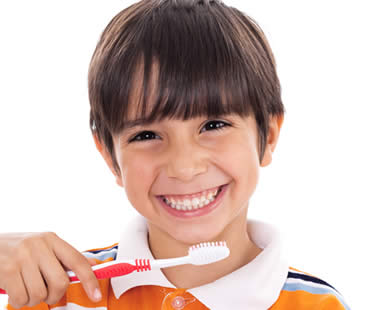
Kids will be kids, and emergencies happen that can affect the mouth. To avoid long-term damage, extensive pain, or unsightly results, it’s important to know what to do in a dental emergency. Let’s learn what you should do when your child has one of the following common oral problems.
Severe toothache:
Look for food stuck between the teeth, and if so try to dislodge it with floss. Clean the affected tooth and rinse the mouth well with warm water. Swollen gums may indicate an infection, which requires a dental visit. Facial swelling can be relieved with cold compresses, but if it accompanies severe pain you should take your child to the dentist or emergency room. Try giving over-the-counter pain reliever, but don’t place the medication directly on the gum or tooth.
Chipped tooth:
If your child chips a tooth, contact your dentist immediately. Fast action can help save the tooth, reduce the risk of infection, and prevent extensive procedures. Have your child rinse with cold water. If you can find the tooth fragment, take it to the dentist in case it can be bonded back in place.
Knocked out tooth:
The first thing to do is locate the missing tooth. Hold it by the crown instead of the root, and rinse it gently. Try replacing the tooth back in the socket, and have your child bite a piece of gauze or cloth to hold it in place until you get to the dentist. If you can’t insert it, place it in a cup of cold milk to take with you. Time is important in saving a displaced tooth, so see your child’s dentist immediately.
Cut lip, tongue, or cheek:
Ensure your child’s teeth are undamaged, and apply firm pressure with a moist washcloth or teabag to the bleeding area. If it doesn’t stop in fifteen minutes, call your child’s dentist or head to the emergency room. If the tongue is bleeding, there’s not much you can do except wait to see if it stops bleeding on its own within fifteen minutes. If not, visit the dentist or emergency room.
We look forward to seeing you in our Baltimore dental office
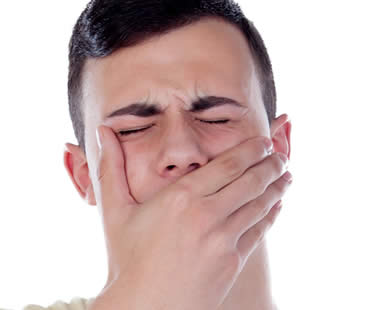
Problems with your mouth or teeth can occur suddenly. You might be injured playing a sport, eating, or even just while doing a seemingly harmless activity. You should know what types of dental problems are considered emergencies, and what to do while waiting to see your dentist. Quick action can make a big difference in saving a tooth, or limiting damage to your mouth or face.
What is considered an emergency?
Not every dental problem must be treated as an emergency, but some do require professional treatment as soon as possible. This includes a broken or knocked out tooth, lost crowns and fillings, severe toothache, infection, and injuries to the soft tissues of your mouth.
What should I do?
See your dentist as soon as possible to treat the problem and prevent further damage. Here are some steps to take if you experience any of the following common dental emergencies:
- Severe toothache – rinse your mouth with warm water and floss to remove trapped food.
- Swelling – apply a cold compress on the outside of the swollen area. Do not place any painkiller or aspirin against your gums, because it can burn your gum tissue.
- Chipped or broken tooth – if possible, save the piece that has broken off. Rinse both the piece and your mouth with warm water. If it is bleeding, hold gauze on the area. Apply a cold compress to relieve pain and reduce swelling.
- Lost filling – apply dental cement from your drugstore to fill the hollow area until you can see your dentist. Or, try placing a bit of sugarless gum into the area.
- Lost crown –try to replace the crown on your tooth and hold it in place temporarily with dental cement, denture adhesive, or toothpaste.
- Abscess – infections in your mouth can become abscessed, which is a serious condition. Rinse with warm salt water and see your dentist immediately.
- Soft tissue injuries – treat damage to your gums, cheeks, tongue and lips by rinsing with warm salty water. Hold gauze to the specific area to control bleeding, and hold a cold pack to the external area.
Schedule your appointment at our Baltimore dental office

Kids don’t always play it safe or make the best decisions when it comes to protecting their teeth. Tooth decay and mouth injuries are just a couple of things parents must worry about for their kids, whether it’s the elementary school or college years. Here are some simple ways that parents can teach their kids to protect their teeth.
Limit sports and energy drinks.
Sports and energy drinks are both heavily marketed toward today’s youth. It is true that sports drinks help replace electrolytes during exercise, but many people drink them too much or outside the exercise realm. Experts have deemed sports drinks to be unnecessary in the lunchroom or as a snack on the playground. The high acid levels in these drinks can erode tooth enamel, with energy drinks determined to cause twice as much damage. It is recommended to save sports drinks for very strenuous activities, and instead stick with water for hydration and refreshment without the negative effects.
Insist upon mouthguards.
Parents should provide mouthguards for kids in nearly any sport, even if it isn’t considered mandatory by the school or team. Mouthguards can prevent chips, fractures, or knockouts of teeth, as well as protect the soft tissues of the mouth. According to research estimates, 3 million teeth were knocked out in youth sports in 2011. Dentists suggest that athletes who don’t wear mouthguards are 60 times more likely to sustain oral injury. Inexpensive basic mouthguards or the boil-and-bite variety are available at sporting goods stores, or customized mouthguards can be purchased through your dentist.
Say no to oral piercings.
Although it applies primarily to teenagers and older, the Academy of General Dentistry advises against oral piercing for active people. Those with piercings should remove them before participating in sports, because puncture wounds can lead to infections related to increased blood flow and breathing rates during exercise. If your child is considering and oral piercing, make sure you discuss the risks and need for removal during physical activity.
Schedule your appointment at our Baltimore dental office

Many children aren’t excited about seeing the dentist, either as a result of comments others have made or the idea of an unknown experience. Dental visits are necessary for everyone though, beginning around the child’s first birthday. Here are some basics to know about your child’s dental care.
What happens at the first appointment?:
When your child sees the dentist for the first time, the dentist will look for tooth decay and determine your child’s risk for it. You will be shown how to properly clean your child’s teeth. Also, your dentist will explain the risks of habits that may affect your child’s teeth, such as thumb sucking or sugary drinks.
How often should my child see the dentist?:
You should continue to take your child to visit the dentist every six months, or in some cases more often if your child’s risks are high for tooth decay. Regular checkups can reduce your child’s risk for cavities because plaque will be removed and fluoride will be applied to strengthen the teeth. Also, potential dental issues may be caught early to avoid problems in the future.
What if further treatment is recommended?:
Even though your child might not have permanent teeth yet, dental work may be required on baby teeth too. Cavities can be painful and should be filled. Also, healthy baby teeth help your child properly chew, speak, and develop permanent teeth.
How can I help my child feel more comfortable?:
It is important to help your child’s dentist visits go smoothly so that lifelong habits of regular checkups without fear can be developed. You might consider choosing a pediatric dentist who specializes in children’s oral health and is trained to help kids through the dental visit. Discuss an upcoming dentist appointment with your child, and explain what to expect during the visit. If possible, take your child by the dentist’s office before your first appointment to see what it’s like. During the checkup, remain near your child to increase feelings of security and comfort.
If you need a dentist in Baltimore contact us today












